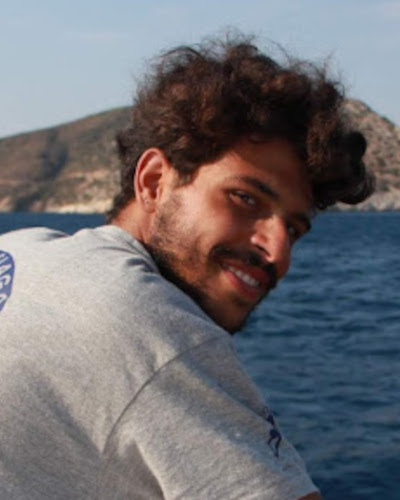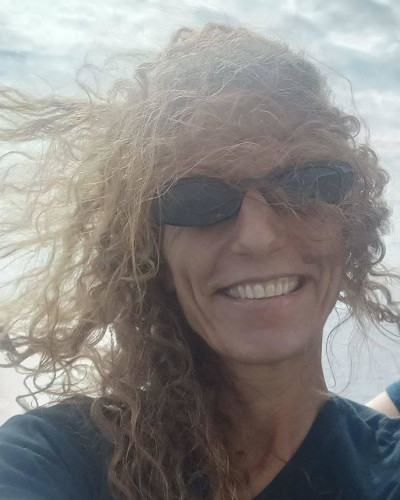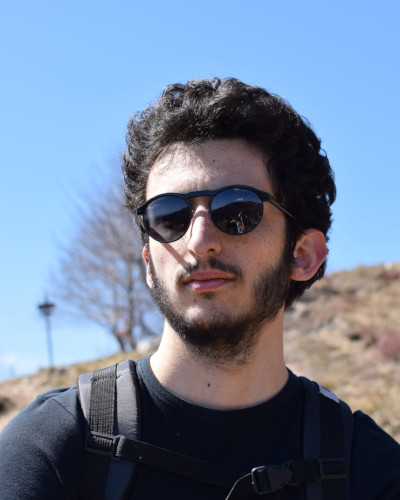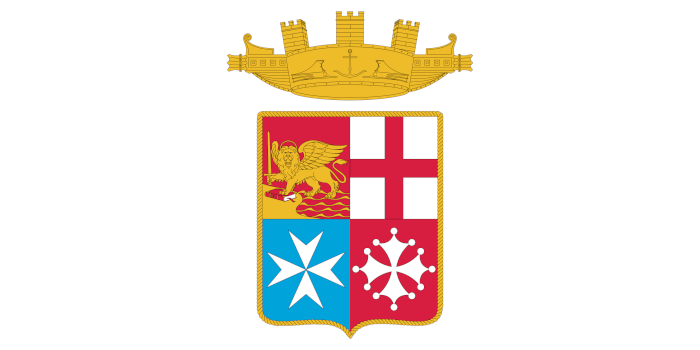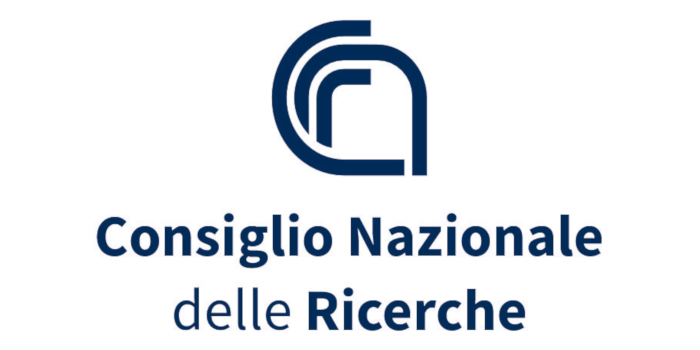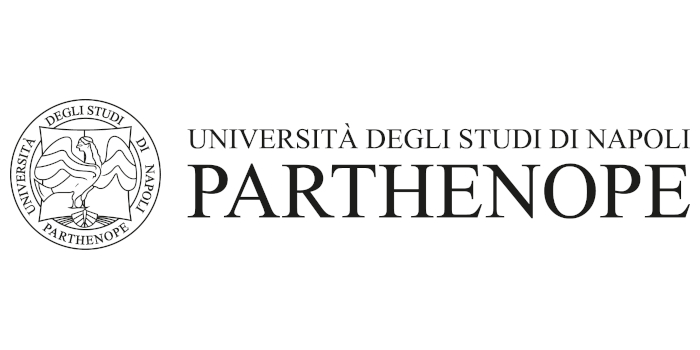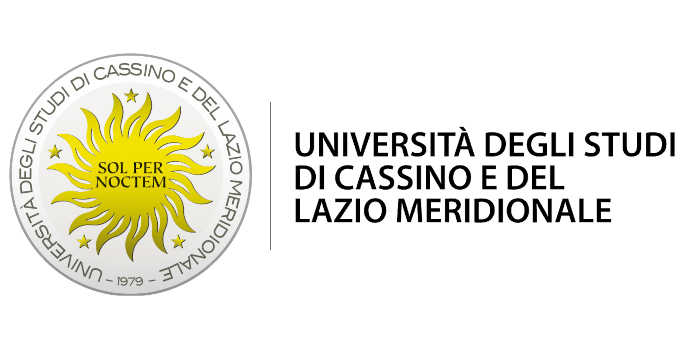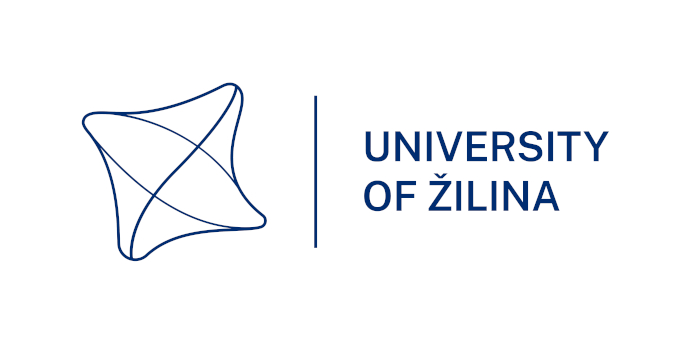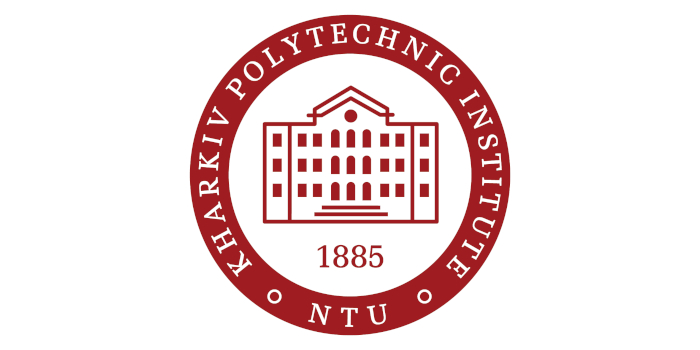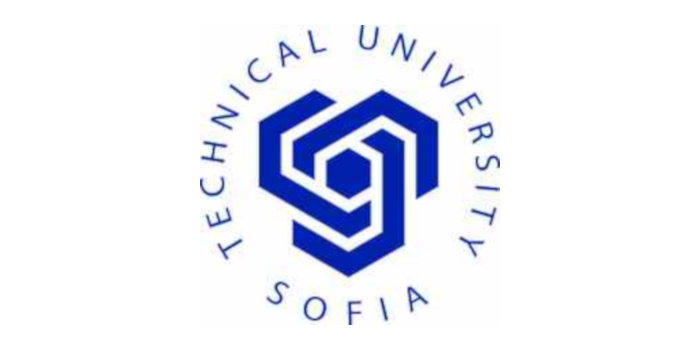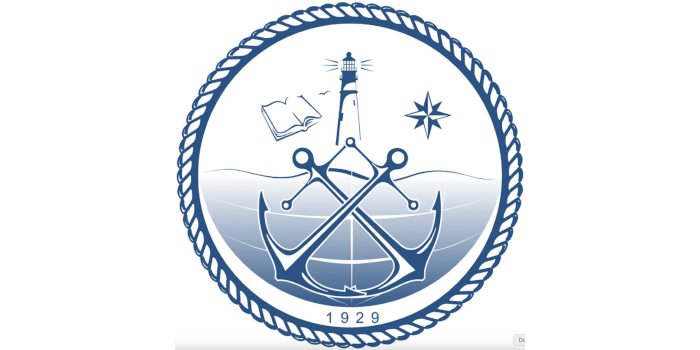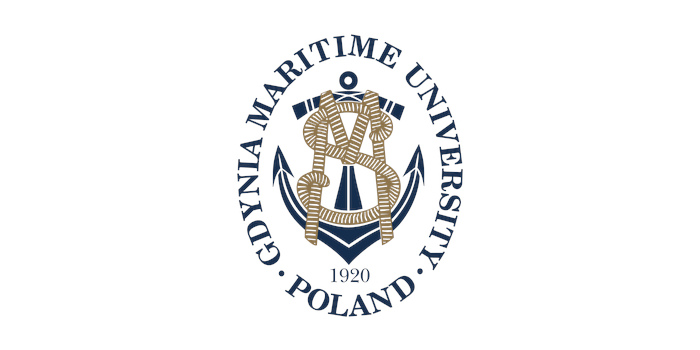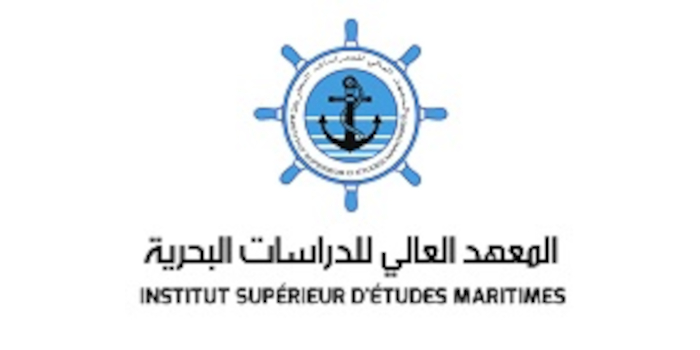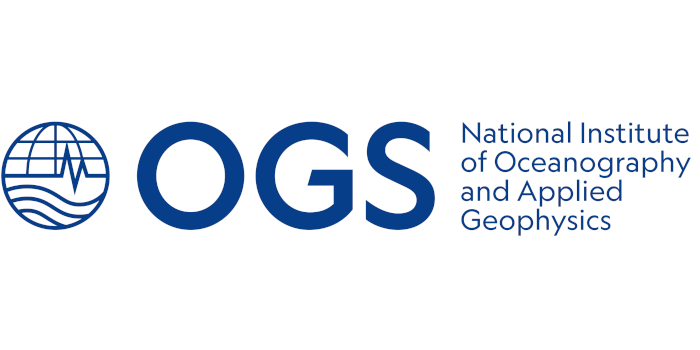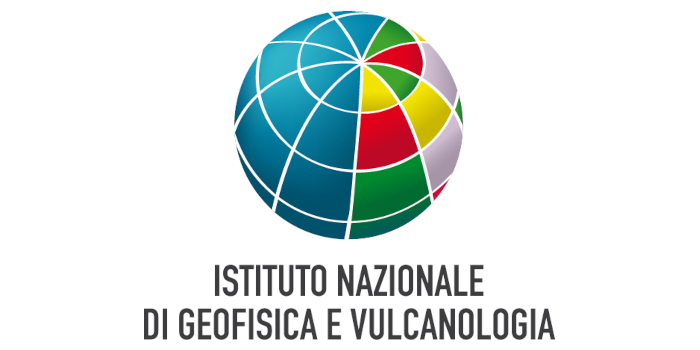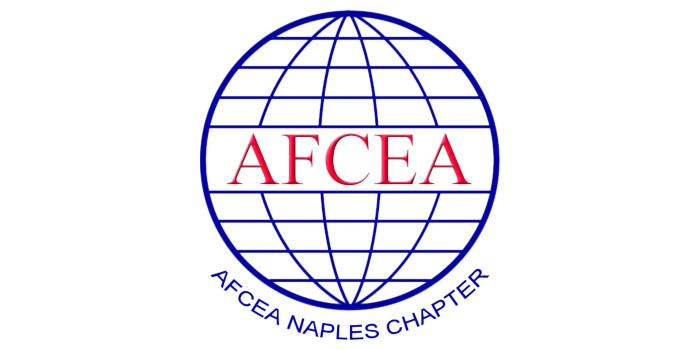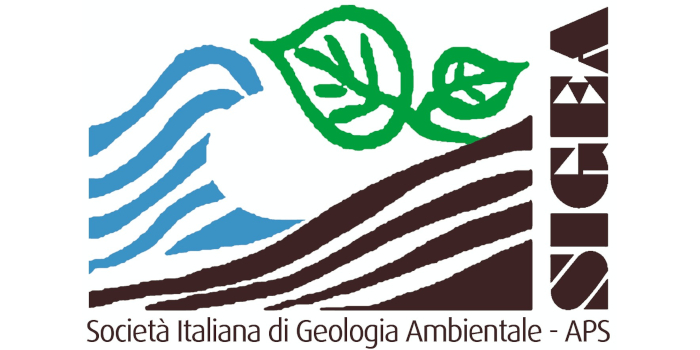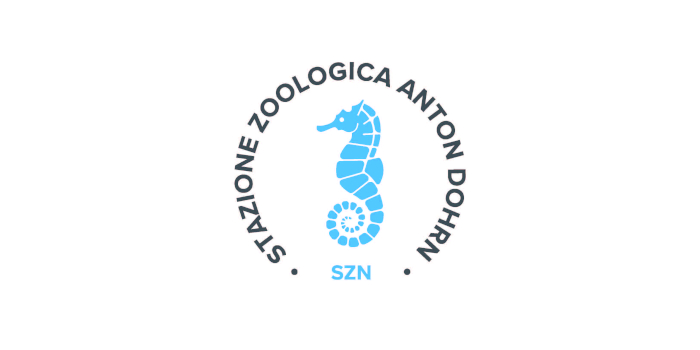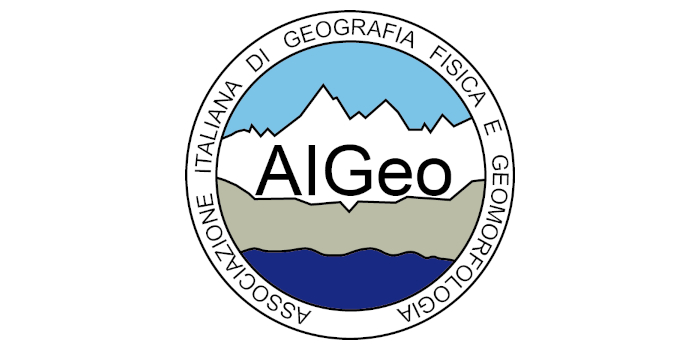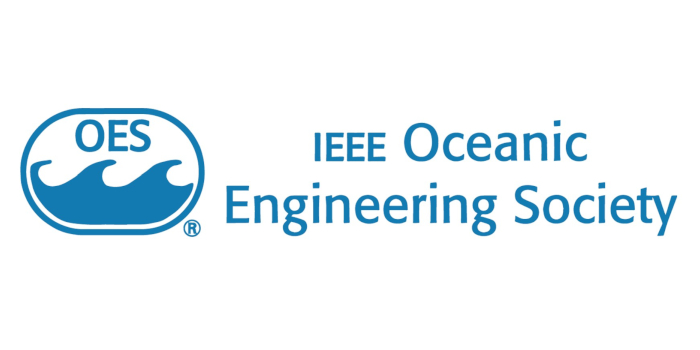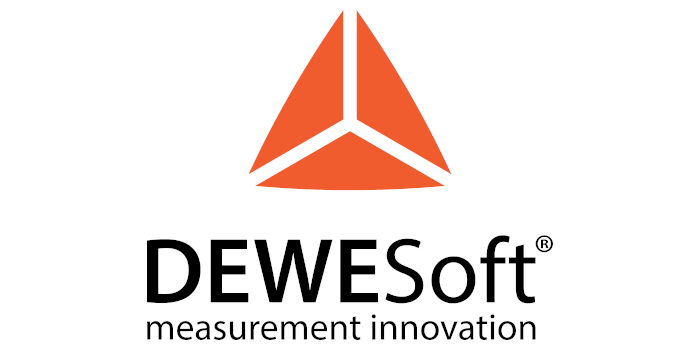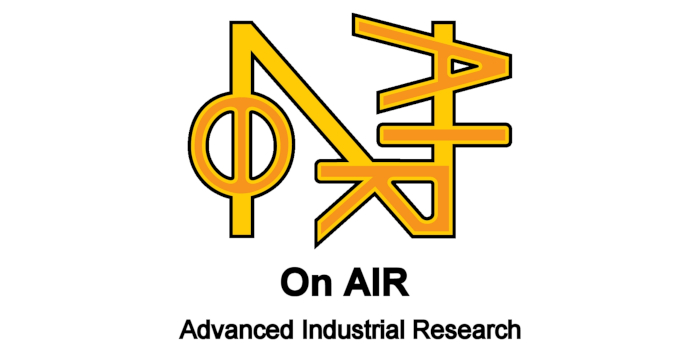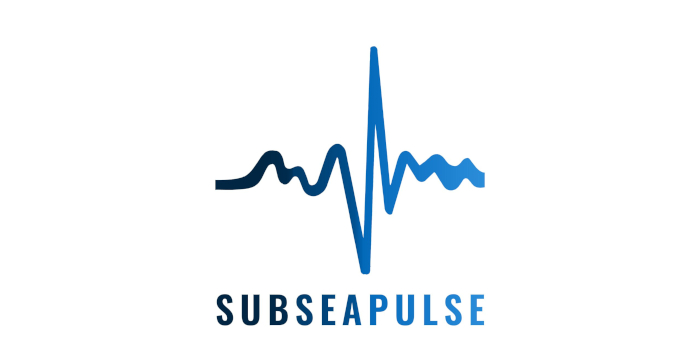SPECIAL SESSION #24
Advancing marine megafauna research: monitoring techniques, modeling approaches, and conservation strategies
ORGANIZED BY
Maurizio Ingrosso
Italian Naval League - University of Bari Aldo Moro, Italy
Marta Anna Azzolin
Department of Life Sciences and Systems Biology of the University of Turin – Gaia Research Institute APS, Italy
Carlo Zampieri
University of Padova, Italy
Beatriz Tintoré
Brunel University of London
ABSTRACT
Marine megafauna, which includes marine mammals, sea turtles, elasmobranchs (such as sharks and rays), seabirds, and large fish, plays a crucial role in maintaining the balance of ocean ecosystems. However, these species are increasingly threatened by climate change, habitat loss, overfishing, bycatch, and other human-induced pressures. Effective monitoring and modeling are essential for understanding their population dynamics, habitat use, and responses to environmental changes. Therefore, robust and integrated knowledge is required to enhance conservation strategies, inform policy decisions, and improve management frameworks.
This session aims to bring together interdisciplinary research to discuss novel methodologies, challenges in data integration, and the application of emerging technologies dedicated to marine megafauna. We encourage contributions that highlight collaborative efforts, such as citizen science initiatives, case studies, and advancements in monitoring and modeling techniques.
The special session will focus on advancements in marine megafauna research, showcasing innovative monitoring techniques including bio-logging, drone-based surveys, environmental DNA (eDNA), and acoustic monitoring. We also welcome contributions that explore human impact assessments, species phenology, and cutting-edge modeling approaches such as species distribution models, movement ecology frameworks, and ecosystem-based strategies.
ABOUT THE ORGANIZERS
Maurizio Ingrosso, holds a PhD in Environmental Science (Department of Biosciences, Biotechnologies and Environment of the University of Bari). His main scientific research interest is the application of species distribution modelling, remote sensing and the assessment of the overlap between threatened species and human activities at sea. He collaborated for the data collection and analysis aimed at the fishery stock assessment in the Ionian and Adriatic Sea, as well as alien species management. He shows expertise in multi-platform marine monitoring, GIS applications and citizen science initiatives.
Marta Azzolin, holds a PhD on Science and High Technology from the University of Torino (Italy), and a Master Degree on Integrated Coastal Zone Management from the University of Ravenna (Italy). She is a lecturer at the Life Science and System Biology Department of the University of Turin for the course on behavior evolution. Her lines of research are species distribution and habitat modelling, cetaceans’ population studies, ecology, acoustics, behavior, and interaction with human activities (fishery, boat traffic, aquaculture). She is president of Gaia Research Institute APS NGO and its cetaceans’ acoustic and behavior expert. She works as director of research activities carried out by Gaia in Greece (Eastern Ionian Sea and Gulf of Corinth). She has been carrying out research on cetaceans since 1994, cooperating with many Universities and NGOs. Starting from behavioral study in a controlled environment she moved to the natural environment in 1996. She deepened her knowledge in USA at University of San Diego (SDSU) and in Bahamas, cooperating with the Bahamas Research Centre (Abaco). She cooperated to the scientific supervision of the LIFE project “Del.Ta.” for the conservation of dolphin and sea turtle in the Pelagie Archipelago. From 2004 her main interest moved to cetacean’s acoustic species identification, and intra-species geographical variability. Lately she started working on the analysis of cetacean acoustic behavior in relation to the behavior observed from surface. From 2014 and beyond she has been involved in the FLT-Med Network, analyzing cetaceans’ distribution in the ADRION Region and the impacts of anthropogenic activities on it. She always brought in the framework of her studies innovative approach, and she tested new software as Observer and Boris (Friard and Gamba) for cetaceans’ behavioral studies and Tria and Rocca for the acoustic ones. She is the author of about 80 papers in international journals and conferences. She serves as a referee for international journals.
Carlo Zampieri, holds a PhD in Biosciences from the University of Padova. His primary research interest lies in developing and applying modeling tools to study the ecology of vulnerable species and ecosystems, as well as testing management solutions to enhance species conservation and maintain ecosystem functionality. During his PhD, he focused on elasmobranch ecology at both species and ecosystem levels to inform conservation efforts. Currently, his research involves using modeling tools to examine natural and anthropogenic pressures, such as biological invasions, climate change, and fishing activities, which pose risks to marine-coastal ecosystems. His ultimate goal is to develop forecasting tools for effective management and adaptation.
Beatriz Tintoré, holds a MSc Marine Biology Degree gained at Bangor University (Wales, UK) and is a PhD Candidate at Brunel University of London (UK). Her PhD research is focused on Cetacean population dynamics and anthropogenic threats to their conservation in the Eastern Aegean Sea. She actually works as Project Manager Marine Mammal Research Department in Archipelagos Institute of Marine Conservation (Greece). Her research has been dedicated to acoustics and social structure and the interaction of marine mammal populations with human activities.


